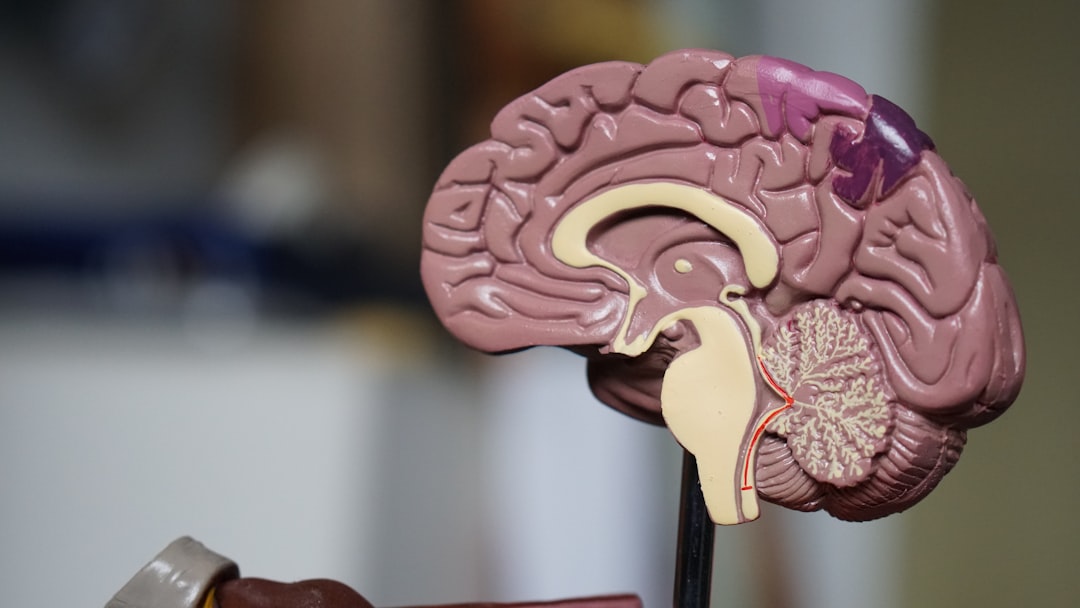What is it about?
This study aimed to investigate how individual differences in the subjective predisposition to tolerate uncertainty predicted the neural activity which develops while predicting emotional stimuli in contexts of uncertainty. Being able to deal with uncertainty, indeed, is crucial for promoting emotional well-being and psychological health.
Featured Image

Photo by Fallon Michael on Unsplash
Why is it important?
The world is an uncertain place, and the uncertainty we experience in everyday life can have a dramatic influence on our emotional life. For example, the COVID-19 pandemic outbreak, and the associated risk of contracting the virus, carried ahuge amount of uncertainty, substantially impacting over the emotional experience and mental health of people worldwide. Or else, not knowing how the plot is going to develop while watching a new TV series usually increases the rewarding value of the series itself. From both examples, it is clear how dealing with uncertainty can intensify affective experience. Individual differences in the subjective predisposition to tolerate uncertainty play anon-negligible role in shaping emotional processing within uncertain environments.
Read the Original
This page is a summary of: Dealing with uncertainty: A high-density EEG investigation on how intolerance of uncertainty affects emotional predictions, PLoS ONE, July 2021, PLOS,
DOI: 10.1371/journal.pone.0254045.
You can read the full text:
Resources
Contributors
The following have contributed to this page










